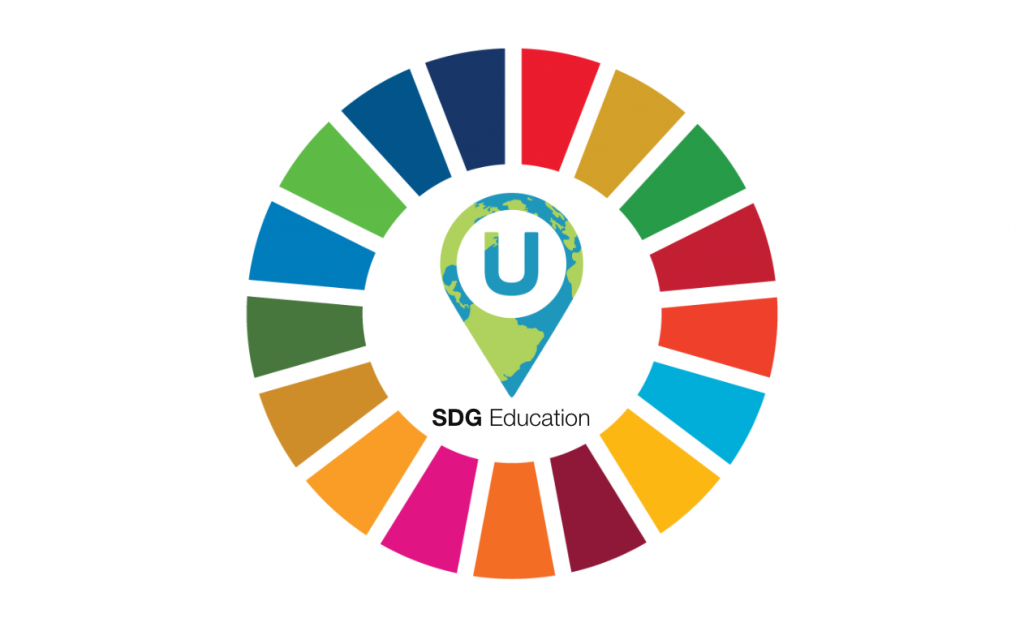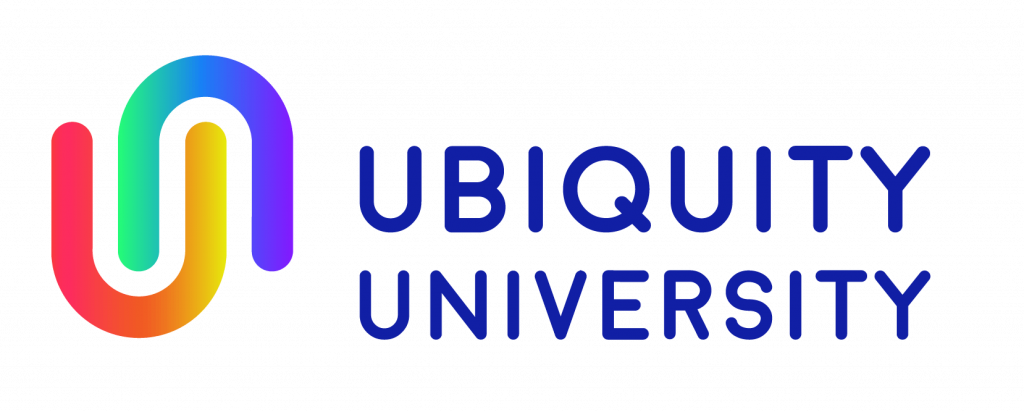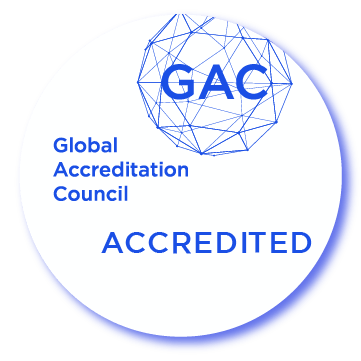
3 Reasons Why Universities Should be Developing Competencies for the United Nations Sustainable Development Goals
In 2015 the United Nations agreed on 17 goals with detailed sub-targets that, if achieved, would truly put humanity on course towards a peaceful and sustainable civilization. To support this initiative, UNESCO created the SDG competence frameworks, which list a set of 8 cross-cutting competencies needed to deal with any of the Global Goals, as well as a set of competencies per Goal. The goal-specific competencies are divided into cognitive, socio-emotional and behavioral learning objectives – reflecting an integral head, heart and hands approach. So why shouldn’t a university adopt this competence framework and encourage students to align their learning with the SDGs?
“Where your passion meets a need in the world……therein lies your vocation” -Aristotle.
The Sustainable Development Goals give us the best existing understanding of what the current needs in the world are. It is all very well offering a more personalized learning (a hot trend in education right now) but if that learning doesn’t connect to what is actually needed in society then we are not only guilty of navel-gazing but of poorly equipping our students for major global challenges to come.
Each challenge facing humanity is more complex than ever before. All these challenges are interlinked and feed off each other – contributing to an exponentially increasing rate of change. Humanity needs to be equipping itself as quickly as it can to deal with these challenges, both in terms of prevention, but increasingly in terms of adaptation. This means understanding the underlying systemic dynamics at play, connecting to the core purpose of what it is we are trying to achieve and unleashing rapid experimentation and innovation to surface solutions adequate to the challenges.
Biologists warn that the Earth is entering her sixth great extinction. This is tragic for all the life forms that are rapidly disappearing off the face of the planet never to return, particularly when we understand that requisite diversity is what is needed to match increasing complexity. However what many of us fail to realize is that in all of the previous Great Extinctions, the lead species went down with it. Today, that lead species is homo sapiens sapiens. We also know that this particular species has reinvented its civilization in very short periods of time before, and could do it again.
Fit for the Future
When IBM’s 2010 Global CEO Study identified hyper-complexity as the greatest challenge facing the 1500 leaders they interviewed, they also described how organizations were not getting people equipped to deal with this new operating reality from the current education system. As these global challenges increasingly impact all aspects of our lives, including business and economic growth, people are needed who understand the issues at play and who can prepare our businesses and societies to deal with these challenges.
If the insurance industry is anything to go by, being SDG-proof could be a critical factor in the future. Leaders will need to be equipped with the kind of systemic cross-cutting competencies that UNESCO identifies (systems thinking, anticipatory intelligence, intercultural understanding, strategic thinking, collaboration, critical thinking, self-awareness and integrated problem-solving). Expertise will be needed in each of the specific Global Goals – at all three levels of head, heart, and hand. Being able to demonstrate competence in these areas will be a great benefit in the jobs market.
Training Those on the Front Line
These developments are also an invitation for higher education and training institutions to look beyond their ivory towers. Many of the activists trying to make a positive difference are out there in our communities with little access to the educational opportunities needed to develop these competencies. Yet they are the ones who it could benefit most, positioned as they are to instantly try out anything they learn, and find or request more specific learning as they need it.
Preparing the most accessible and effective learning resources and communities for those on the ground is one of the greatest ways to positively impact the SDGs. Not only are those activists better equipped and empowered to make the changes needed, but their experience can feed back into the educational programs offered for those still in our learning institutions.
Ubiquity and the Global Goals
At Ubiquity, we are trying our learning content to UNESCO’s SDG competence framework. Students will be able to see and show others how well equipped they are to deal with one or more of the SDGs. We will be issuing special SDG badges to go on LinkedIn profiles and be shared through other social media channels. The UNESCO cognitive, socio-emotional and behavioral learning objectives fit perfectly with Ubiquity’s tripartite design of knowledge courses, self-mastery, and hands-on Impact projects. We are committed to doing what we can to equip humanity to navigate an increasingly challenging future in as life-affirming a way possible.
Join us.
Peter Merry is Ubiquity’s Chief Innovation Officer.


